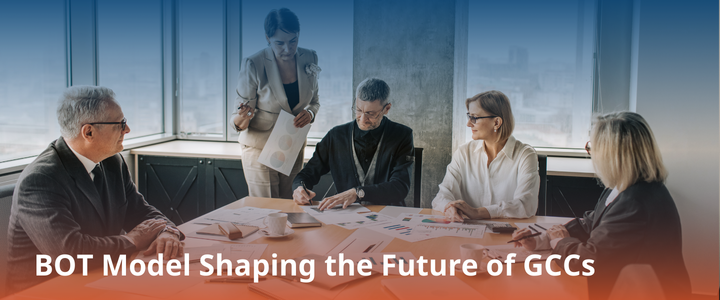





















Smart Solutions
With Essential Hiring Technology
Learn More >>
Learn More >>
Smart Solutions With
Essential Hiring Technology
Smart Solutions With
Essential Hiring Technology
Healthcare platform
Recruit better, faster, and smarter with the hiring and talent management technologies healthcare organizations and facilities need in one seamless, user-friendly platform.
IT & General Staffing Platform
Ceipal’s comprehensive suite of solutions combines the precision and efficiency of AI with the creativity and emotional intelligence of human recruiters.
AI Powered, Human Driven
Ceipal’s AI technology assists and elevates human talent by automating the mundane, enabling recruiters to make meaningful human connections and better placements.
Optimized Supplier Management
AI seamlessly integrates with VMS to optimize management of your extended workforce ecosystem.
Brings Meaningful AI To Enhance Your Recruiting
Streamlined Workflow
Ceipal's Recruiter Assistant automates and accelerates, mirroring real recruiting workflows to simplify your tasks and help drive efficiency at every stage of the talent lifecycle.
Smart Solutions With
Essential Hiring Technology
Why Choose Ceipal?
Ceipal simplifies every step of the hiring process. From sourcing to onboarding, our AI-driven platform empowers teams to get the right people in the right seats the fastest–all in one intuitive system.

One complete solution

Automation, with a human touch

Best-in-class usability
Stay in control of your properties anytime, anywhere—right from your phone. Whether you are in IT, general, or healthcare staffing, Ceipal provides everything you need in one comprehensive platform so that you can quickly find, hire, and place the best talent.

Ceipal AI streamlines processes so staffing professionals can dedicate more time to understanding candidate and client needs on a personal level.

Ceipal created powerful software with intuitive design and dedicated support so organizations always have what they need to hire great talent.

People First. Real Results.
The results speak for themselves. Join thousands of organizations using Ceipal to optimize their hiring.
Clients across IT, general, and healthcare industries
Recruiters and hiring managers on the platform
Customer satisfaction rating
Case Study
Customers share their success stories . Discover how Ceipal delivers measurable results for modern recruiters.
Resource Highlights
Insights, strategies, and trends shaping the future of talent acquisition.
Ceipal FAQs
Don’t just take our word for it. Recruiters across the globe share how Ceipal makes hiring simpler, faster, and more effective.
Ceipal provides a unified platform for staffing and recruiting—featuring an Applicant Tracking System (ATS), Vendor Management System (VMS), Workforce Management, and AI-powered matching—to help organizations source, engage, and hire talent more efficiently.
Whether you’re a general staffing agency, healthcare staffing firm, corporate recruiting team, or managed service provider (MSP), Ceipal offers tailored solutions to support your talent-acquisition and workforce-management needs.
Ceipal’s AI-powered features automate repetitive tasks (such as candidate sourcing, matching, and engagement) and give recruiters more time to focus on human interaction and relationships, while maintaining speed, accuracy, and usability.
Yes - Ceipal supports integrations across job boards, VMS systems (e.g., for extended workforce management), and other HR/talent-technology stacks, enabling a seamless flow of data and work across your entire staffing ecosystem.
You can request a demo of Ceipal to see how the platform works for your specific needs. After that you can set up the system with support from Ceipal to onboard your team and activate the relevant modules (ATS, VMS, Workforce Management) for your organization.
Power your placements.
Unify your tech. Grow anywhere.
Book your demo and see what Ceipal can do.
AI-sourced talent across LinkedIn, job boards, and internal CRM.
Resume parsing, screening, and outreach automated.
Replace 4–6 tools with one all-in-one system.
Real-time dashboards across ATS, VMS, and team performance.
200+ integrations, SOC 2 security, multi-region infrastructure.
200+ integrations, SOC 2 security, multi-region infrastructure.
AI-sourced talent across LinkedIn, job boards, and internal CRM.
Resume parsing, screening, and outreach automated.
Replace 4–6 tools with one all-in-one system.
Real-time dashboards across ATS, VMS, and team performance.
200+ integrations, SOC 2 security, multi-region infrastructure.
200+ integrations, SOC 2 security, multi-region infrastructure.













.jpg)

